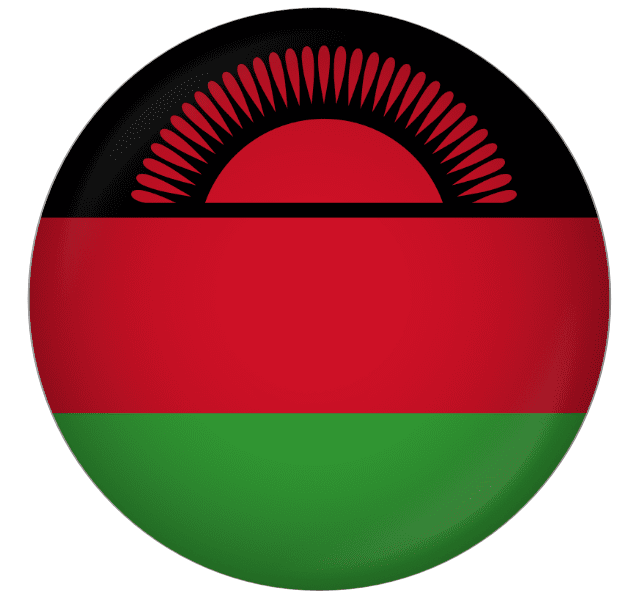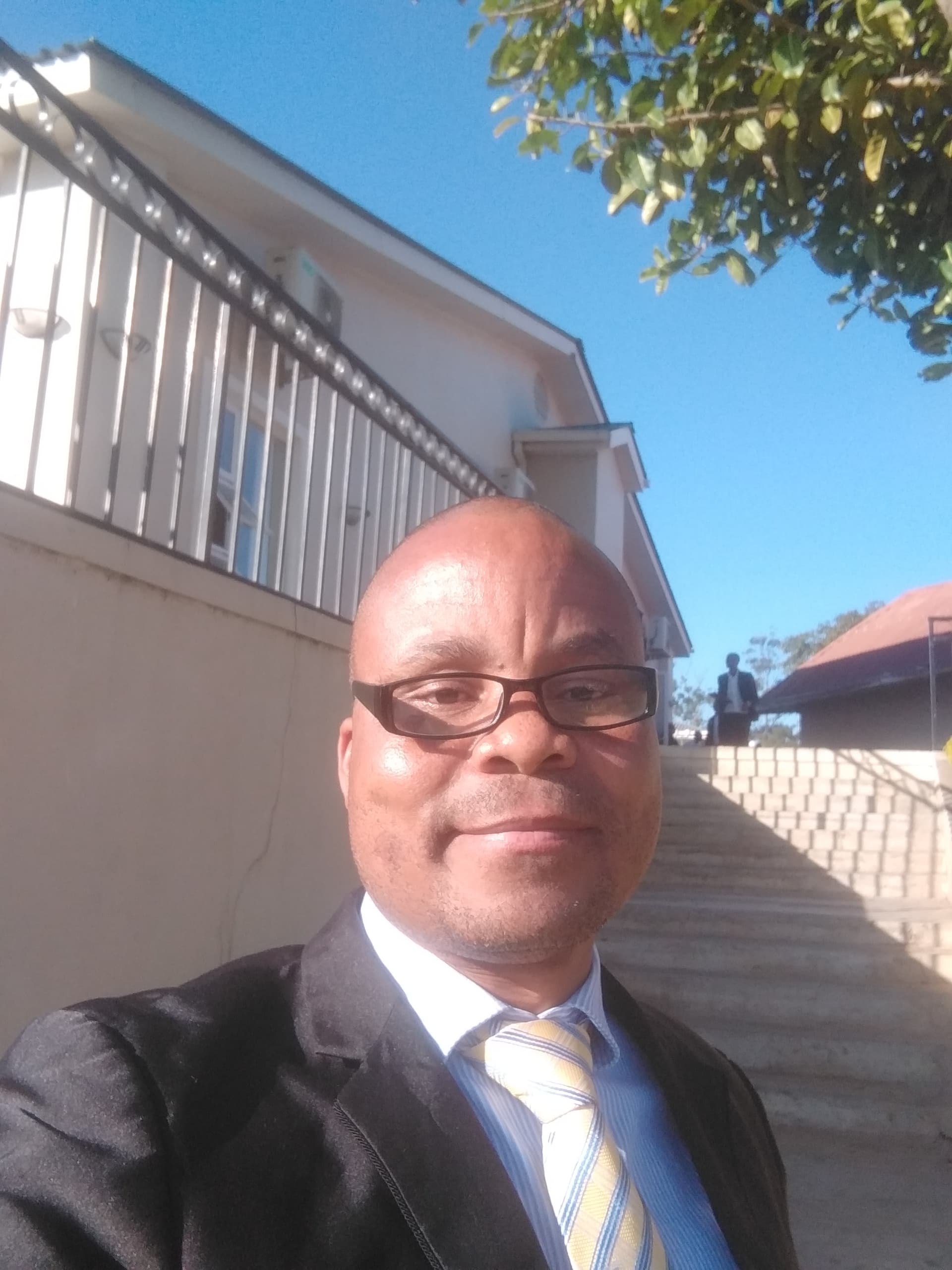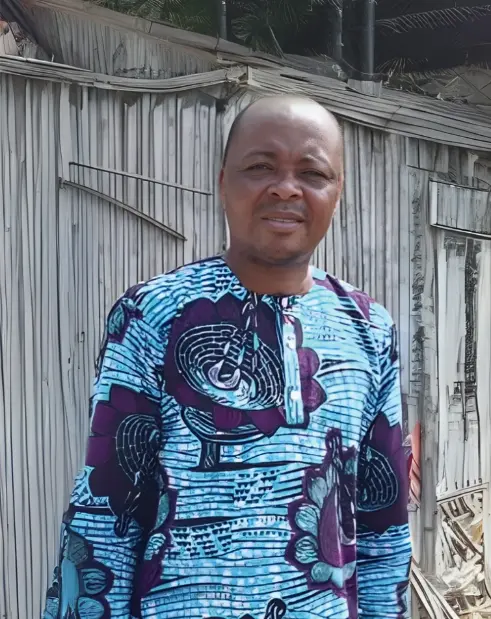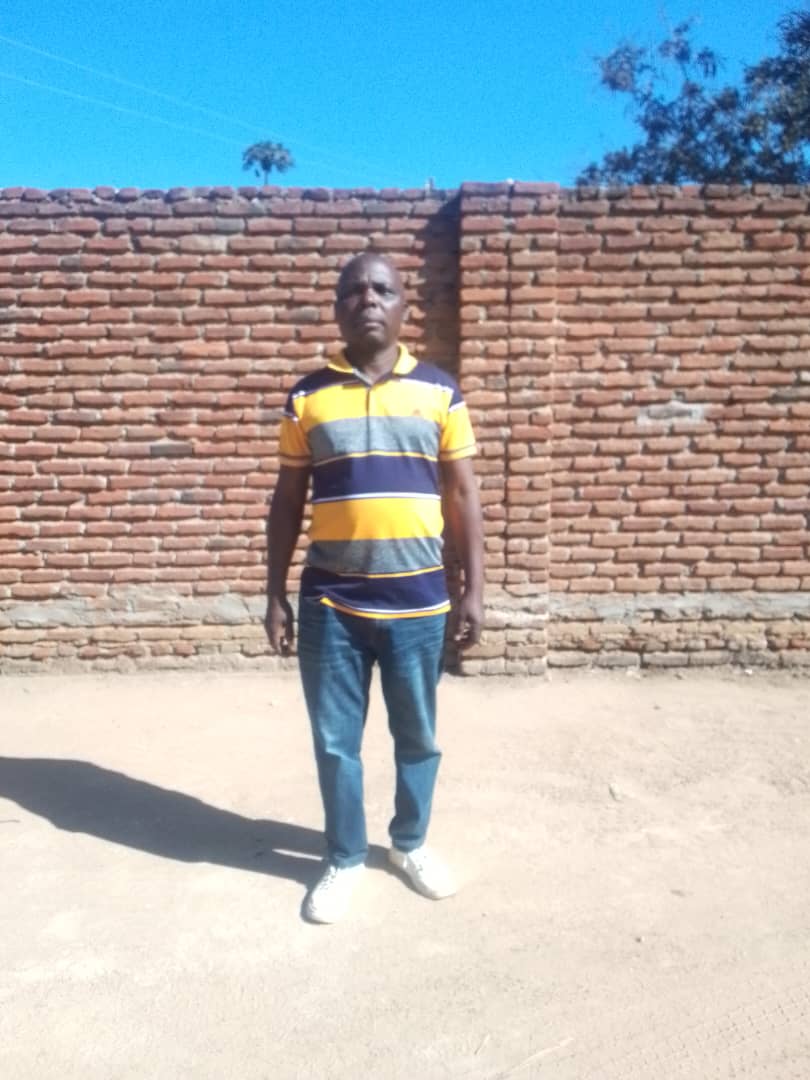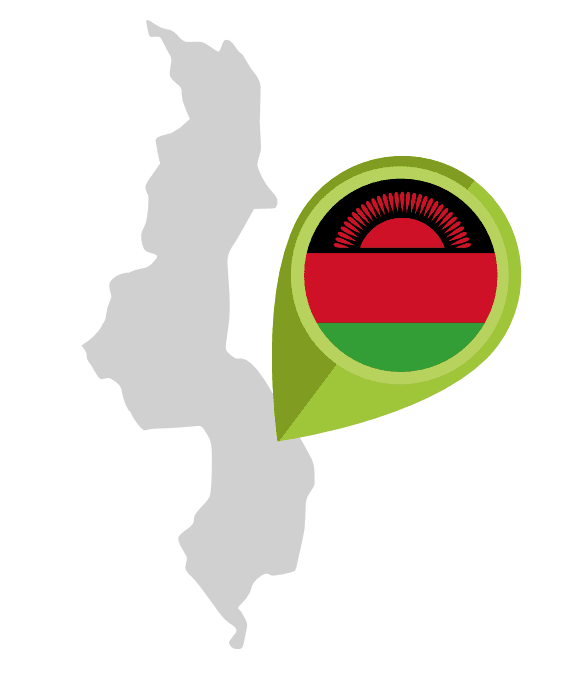Malawi is one of the least developed countries in the world, so its economy depends a lot on farming. It makes up more than a third of its GDP and almost all of its foreign income. About eighty-five percent of the people live in rural places. In 2007 and 2008, the country made some small progress in areas like schooling, health care, and economic growth, but development is still a big problem. International organizations like the World Bank, the International Monetary Fund (IMF), and other foreign donors have given Malawi money in the past.
There is a low life expectancy and a high child mortality rate in the country. HIV/AIDS is still a big public health problem that makes it harder to find work and raises the cost of health care. People from different backgrounds live in Malawi. They speak many languages and are made up of indigenous people, Asians, and Europeans. Most Malawians are Christians, and most of them are Protestant. Racial tensions once sparked regional battles, but by 2008, national unity had significantly improved.
Human rights continue to be a major obstacle. International observers reported that issues such as excessive force by police and security forces, mob violence, and harsh prison conditions persisted in 2017. Some steps were taken to hold abusive forces responsible, but structural problems like limiting free speech and press freedom and widespread corruption remained. That same year, the country had one of the highest rates of child marriage in the world. That was before the legal age for marriage was raised from 15 to 18.
Malawi has many problems in its society, such as violence against women, trafficking of people, and child labor. Other worries include the fact that women aren’t legally protected against sexual abuse and harassment, there are many deaths among mothers, and people are accusing women of witchcraft. Being gay is still against the law. In 2010, a man and a transgender woman who were thought to be gay were given a 14-year prison term but were later released after the UN stepped in. In 2012, President Joyce Banda promised to end the criminalization of homosexuality. However, in 2015, President Peter Mutharika put a stop to her plans. In Lilongwe on June 26, 2021, the LGBT community in Malawi held its first-ever Pride parade.

